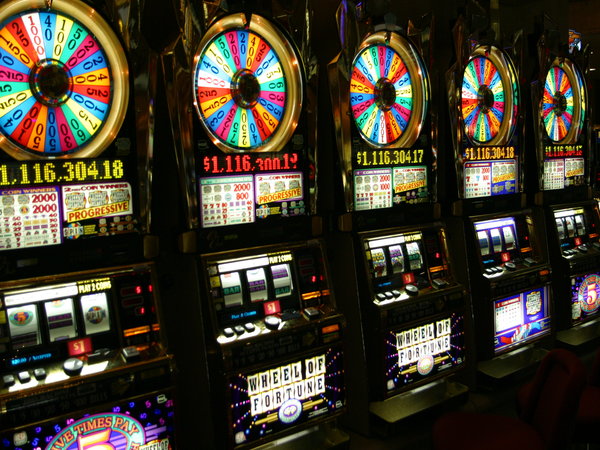Up to half a million Australians are at risk of becoming, or are problem gamblers.
In Victoria, 88 per cent of problem gamblers have committed a gambling related offence.
Australians are spending around 19 billion dollars a year on gambling, around 12 billion dollars is spent on popular poker machines.
A counsellor employed by Banyule Community Health, Adam, tells upstart that problem gambling can have adverse affects on people’s lives.
“From the people I have worked with, gambling has had a relationship to crime, whether it be laundering money or committing crime as a result of losses,” he says.
Adam facilitates gambler’s help group sessions at a number of prisons in Melbourne. The sessions provide psycho-education for inmates, providing them with strategies on how to monitor and manage gambling habits.
The sessions focus on being self-aware, managing risk and promoting insight for the individual. They also provide resources to assist those being released from prison or those who are going to court.
The participants self-refer and come from all areas of gambling, some are heavily addicted and displaying problematic gambling behaviour, whilst some are just attending to learn.
Startling statistics of how many people in Victoria are affected by gambling problems http://t.co/SCJv68vweB pic.twitter.com/ywFbWGQ88H
— Responsible Gambling (@vicrgf) April 17, 2015
Gambling is also a common pastime in prison.
“Clients definitely admit that gambling occurs. From using food and drink as wagers to external bank transfers,” Adam says. “Gambling on a small to big scale is definitely a part of prison life today.”
For some, gambling could be a means of securing illicit drugs. One prisoner told The Fix: “When dudes win and are flush with cash you know they’re looking for the dope man to get high.”
Many of the prisoners Adam counsels have reported little to no gambling urges when sober. This indicates a significant link between gambling and substance abuse.
“Ice use and gambling is very prevalent amongst clients,” Adam says.
“The factors for gambling addiction are the same as a drug or alcohol addiction. It is very similar neurologically and the same neurotransmitter is the same as an opioid or alcohol.”
“There are also bio-psychosocial factors that affect the likelihood of an individual developing an addiction. These can include genetics, age, gender, existing mental illnesses, family relationships and peer pressure.”
However, pathological gambling has not always been officially recognised as an addiction. It was originally classified as an impulse control disorder in its introduction to the Diagnostic and Statistical Manual of Mental Disorders (DSM) in 1980.
In 2013, the fifth edition of the manual, which is widely used on a daily basis by health care providers, researchers, insurance companies and government agencies, was reclassified.
A move was made by the association to change the name in the manual from ‘pathological gambling’ to ‘disordered gambling’ and to place it under a new classification titled ‘Addiction and Related Disorders’, merging it with disorders related to alcohol and substance abuse.
The rationale for this change was a result of the growing wealth of scientific literature, including new research on the brain’s reward centre, proving many similarities between problem gambling and substance disorders.
This change to the DSM provides a more accurate point of reference for workers in the problem gambling sector, such as Adam.
For him, seeing positive results in people makes his job rewarding.
“I also get to meet some pretty amazing people, just because they’re in prison doesn’t really mean that they’re of no value to society,” he says. “My job has allowed me to learn much about the process of forgiveness and rehabilitation.”
If you, or anyone you know is experiencing difficulties with gambling, visit the Gambler’s Help website or contact Gambler’s Help on 1800 858 858.
Cecilia Distefano is a third year Bachelor of Journalism student at La Trobe University. You can check out her blog and follow her on Twitter: @cecilc0re







